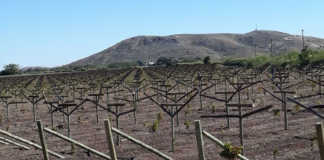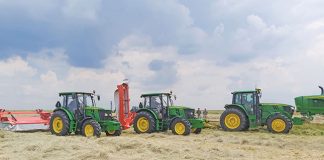The RPO said in a statement that South Africa and neighbouring countries experienced a serious drought last year, which led to emergency slaughtering. Some of the neighbouring countries established unilateral trade arrangements to market the oversupply in SA.
“The drought conditions also led to widespread mortalities of stock in the emerging areas. The fact that more female animals have been slaughtered than usual is an indication that farmers are slaughtering into their breeding herds,” said the RPO.
Serious drought conditions persist in the central and north-western parts of the country, and have a serious detrimental effect on the herd-building phase.
The RPO is of the opinion that at an exchange rate of R11/$1, it will also be fairly expensive to import red meat. This can have a further dampening effect on the supply of red meat, considering that SA is a net importer of beef and lamb.
Furthermore, the maize price is currently moving on levels of R3 000/t, which will place more upward pressure on chicken and pork prices.
The RPO stated that although there is upwards pressure on producer prices, the buying power of the consumer will determine what happens in the market. “We know that consumer’s buying power is seriously under pressure on account of various factors, including high fuel prices and a lower growth rate. In combination with a weak exchange rate and prolonged strikes, it puts serious constraints on extreme increases in red meat prices.”












